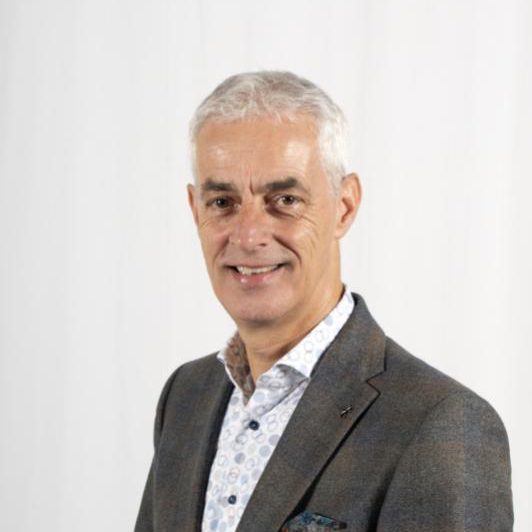Notting Hill Carnival Futures
For this project, ETFI designed (target) scenarios focused on the future of Notting Hill Carnival and its development. This was done in collaboration with the Notting Hill carnival community and other stakeholders. Simultaneously, the project aimed to create new partnerships between the cultural and academic worlds. We did this by working with the community to develop initiatives for new art forms that could be showcased at the carnival. Additionally, we aspired to provide inspiration for cultural innovations that could enrich and support the carnival in the future.
Reason
The project was sparked by the then upcoming 50th anniversary of the Notting Hill Carnival, which was in 2014. The last strategic review had already taken place in 2004. The imminent milestone of the carnival’s 50th anniversary provided a perfect opportunity for both reflection and a forward-looking perspective to explore strategic directions.
Problem solution
At the time of the project, the Notting Hill Carnival was in a turbulent phase, marked by challenges in both public and private financing. The narrow streets faced issues of overcrowding, along with concerns related to racial prejudices, political tensions, public disorder, and crime. These challenges were coupled with aging and declining number of carnival participants. This not only raised concerns about the preservation of the carnival but also created uncertainties regarding crowd management, public safety, and security. The project was initiated as a collective effort to address the challenges, opportunities, and uncertainties. The goal was to collaboratively devise plans for a resilient future for the Notting Hill Carnival.
The project team consisted of:
- Albert Postma (ETFI): Facilitation of scenario development process, writing of scenarios (ETFI)
- Nicole Ferdinand: project leader (King’s College London),
- Mary-Beth Gouthro: evaluation (Bournemouth University)
Participants in the project included representatives from the carnival organizations, public and private stakeholders, financers, academics, and former festival attendees. These were (in alphabetical order): Anglia Ruskin University, Arts Council England, Association of British Calypsonians, Backstage Boutique Ltd., Bahama Host Association, Bournemouth University, British Association of Steel Bands, Business Consultant, Cardiff Metropolitan University, Caribbean Carnival Extravaganza, Caribbean Music Association, Carnival Village, Ebony Steel Band, Genesis Carnival Company, Great British Carnival, High Commission for the Republic of Trinidad and Tobago, London, International Special Event Society UK (ISESUK), JA Cowie Island Arts, King’s College London, King’s Cultural Institute, Local residents / carnivalists, London Notting Hill Carnival Enterprises Trust Ltd., London School of Samba, Luton Hat Factory, Masqueface, Masquerade 2000, Muzik Lil Muzik, National Carnival Commission of Trinidad & Tobago, New Castle University, Next Level + PoisonUK, PhD Researcher, St. Michael & All Angels Steel Orchestra, StrongBack Productions, The Curiosity Consultancy, UK Centre for Carnival Arts, University of Surrey, Warwick University.
Approach
The scenario planning process designed by ETFI took place at King’s College in London during three half-day workshops spread across three days. Each workshop focused on the perspective of a specific stakeholder group. The first workshop brought together carnival organizations to determine core values and positions. This was followed by a workshop with strategic experts, representatives from the public and private sector, academics, and other professionals, who mapped out the changing and uncertain environmental factors. The final workshop involved former carnival attendees, including Londoners, returning visitors, and global carnival diaspora following the international carnival circuit in Trinidadian or Caribbean styles. This bottom-up process, expertly facilitated by ETFI, were ingredients for the scenarios. ETFI then articulated these elements into four future scenarios, each with specific considerations related to location, audience, financing, participating performances, size, spin-off, and the nature of the carnival.
Result
The Notting Hill Carnival Futures project was conducted in 2013. This marked the European Tourism Futures Institute’s first international project, yielding a diverse range of outcomes and insights. Key news and updates about the project were shared monthly through a digital newsletter. A report from ETFI disclosed the project’s background, methodology, and results to the public. Additionally, the project leaders generated a stakeholder report tailored to the involved organizations, a whitepaper aimed at government entities associated with the Notting Hill Carnival, an article in a scholarly journal, and a launch event for Notting Hill Carnival 2020. All of this was visually complemented with images from the workshops. The New Media Angels captured this in a 15-minute documentary. Learn more about the project here.
This research project ran from September 2013 till January 2014


